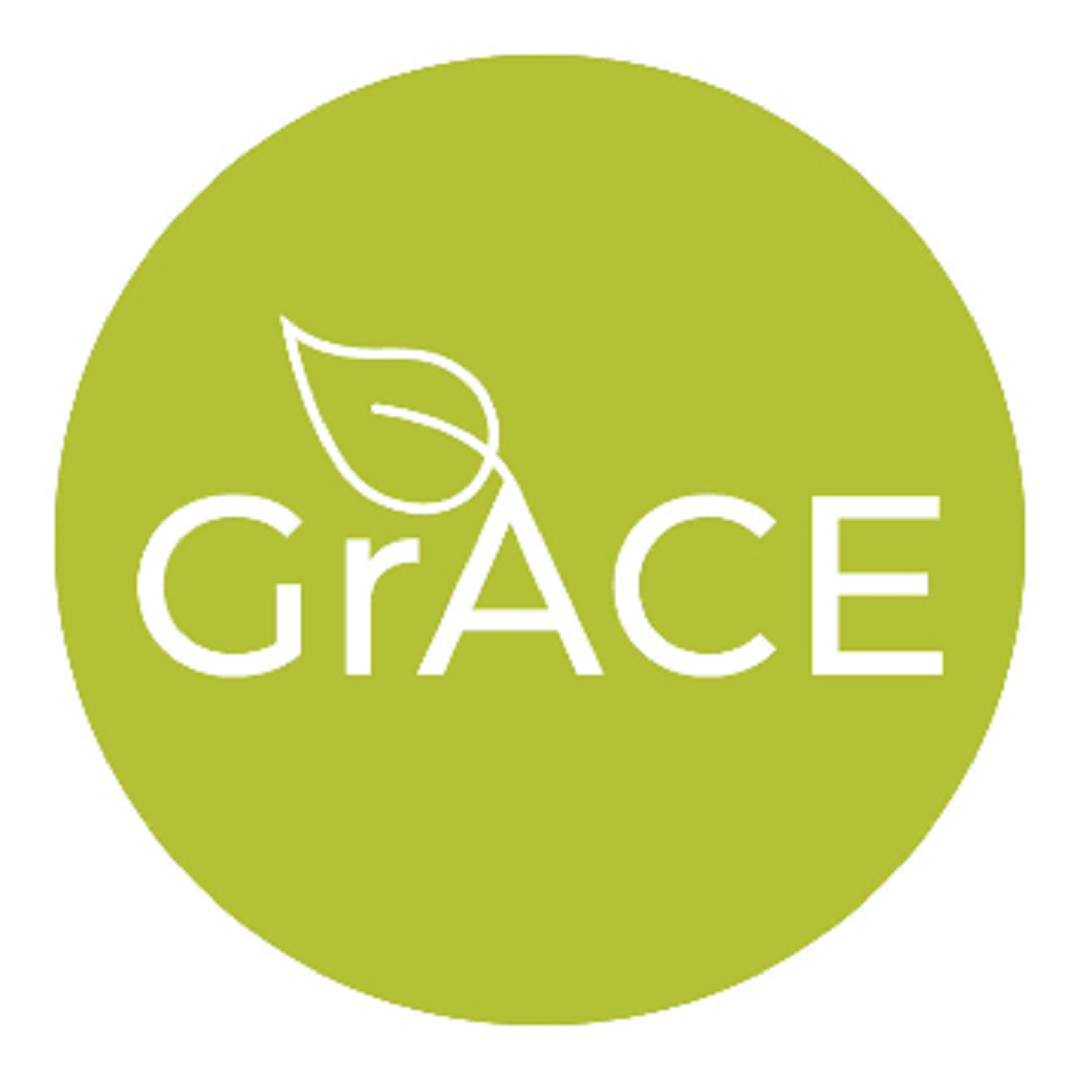
Methodological webinar: Teaching Sustainability through Philosophy for Children
Enquiring about sustainability through philosophy for children and communities

- sostenibilità ambientale
Abstract
Due to its complexity, urgency, unpredictability, and scale, the environmental crisis demands a philosophical educational approach. This presentation aims to defend the educational role of philosophy and explore implementing philosophical pedagogy in addressing environmental issues. All educators must consider what knowledge and ‘know-how’ young people need, and what kind of people they need to become, if they are to survive and thrive in this changing world. Philosophical educators cannot assume the ongoing utility of their practice, nor can they expect that their practice should remain the same.
This webinar outlines necessary adaptations for practitioners and emphasizes the importance of allowing participants in philosophical enquiry to freely and responsibly explore and evaluate philosophical questions. Participants in enquiry must be epistemically free to explore and evaluate philosophical questions as they see fit, but they must also be epistemically responsible for the evidence and arguments on which their provisional judgements rest. Equally, participants in enquiry must be ethically free to respond to philosophical problems in ways that express and cultivate their authentic character and commitments, but they remain ethically responsible for their true motivations, their professed values and for the real-life consequences of their words and actions, and their silences and inaction.
This presentation explores some ways to optimise freedom and responsibility in all forms of philosophical enquiry, drawing specifically on examples of work with young people on philosophically contentions environmental issues. These examples also highlight some of the adaptations that I have developed to address the challenges that environmental enquiry brings.
Bio
Grace is the Co-Director of SAPERE, a national charity that introduces educators to Philosophy for Children (P4C), fostering critical, creative, caring, and collaborative thinking. She founded the public philosophy not-for-profit Thinking Space and serves on the Board of the European philosophy network SOPHIA. Additionally, she is a member of the editorial board of the Journal of Philosophy in Schools. Grace recently served as a Teaching Fellow at the University of Leeds, where she led a philosophy outreach project and was awarded a Fellowship of “Advance HE.” She is currently completing a PhD in Philosophy of Education at University College London’s Institute of Education, funded by an Economic and Social Research Council scholarship. Her research focuses on ethics education and the role of philosophical enquiry through stories. In 2020, she co-edited the book "Philosophy and Community: Theories, Practices and Possibilities," published by Bloomsbury.
This webinar is one of several initiatives carried out by GrACE – Green Europe: Active Citizenship and the Environment, an international teacher training programme led by the University of Trento. It aims to provide educators with comprehensive knowledge of environmental issues and the EU’s strategies for tackling the climate crisis, along with innovative methods for teaching about green issues.